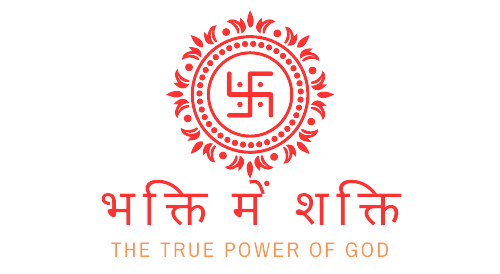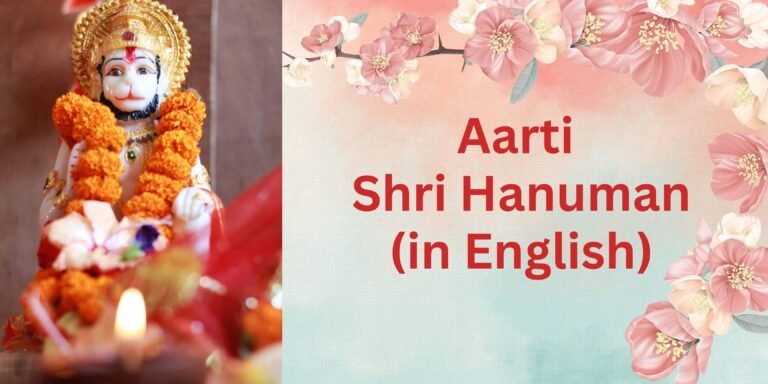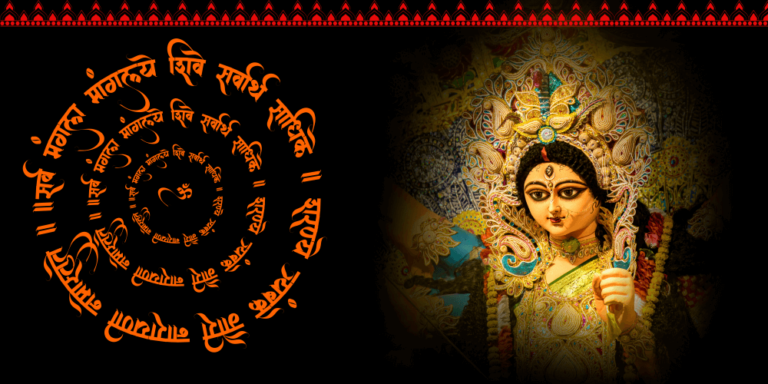Embracing Wellness: Connecting Yoga, Meditation, Mindfulness, and the Divine Energy of Hindu Gods
Latest Posts
Meditation is more than just a practice for relaxation; it is a powerful tool that can significantly enhance both creativity…
Meditation is a powerful tool that busy professionals can use to enhance their productivity and mental health. By dedicating just…
Yoga has gained popularity as a potential tool for weight loss, but myths and misconceptions often cloud the truth. Many…
Breathwork, or pranayama, is a key part of yoga practice. It helps people control their breath and energy. Pranayama techniques…
Evening yoga routines can be a powerful tool for improving sleep quality. Research shows that practicing yoga before bed promotes…
Yoga for Back Pain: Essential Poses to Strengthen and Heal Your Spine Many people suffer from back pain at some…
POST CATEGORIES
Health, Mind & Peace
Meditation is more than just a practice for relaxation; it is a powerful tool that can significantly enhance both creativity…
Meditation is a powerful tool that busy professionals can use to enhance their productivity and mental health. By dedicating just…
Yoga has gained popularity as a potential tool for weight loss, but myths and misconceptions often cloud the truth. Many…
Breathwork, or pranayama, is a key part of yoga practice. It helps people control their breath and energy. Pranayama techniques…
Evening yoga routines can be a powerful tool for improving sleep quality. Research shows that practicing yoga before bed promotes…
Yoga for Back Pain: Essential Poses to Strengthen and Heal Your Spine Many people suffer from back pain at some…
Spiritual Insights on Hindu Gods: Journey into Hindu Devotion
Hinduism is an ancient and rich religion that worships various gods and goddesses. Each deity or goddess represents a specific aspect or principle, and through them, devotees seek guidance in different aspects of life. Here are some major Hindu gods and goddesses:
- Brahma – The creator of the universe. He is considered the primal deity who initiates the creation of the world.
- Vishnu – The preserver. His major avatars include Lord Rama and Lord Krishna.
- Shiva – The destroyer. Shiva represents peace, penance, and meditation.
- Lakshmi – The goddess of wealth, prosperity, and abundance. She is the consort of Vishnu.
- Saraswati – The goddess of knowledge, arts, and music. She encourages learning and wisdom.
- Durga – The goddess of strength and protection. She is often depicted as the fierce form of Shakti, and includes aspects like Mahakali, Mahalakshmi, and Mahasaraswati.
- Ganesha – The god of beginnings and prosperity. He is known as Vighnaharta, the remover of obstacles.
- Hanuman – The symbol of strength, devotion, and loyalty. He is a devoted servant of Lord Rama.
- Krishna – The god of love, devotion, and wisdom. He is the divine guide for many, particularly through the teachings of the Bhagavad Gita.
- Rama – The ideal king and embodiment of dharma, truth, and justice. He is revered as the perfect man and the hero of the Ramayana.
Hindu gods and goddesses are worshipped in various forms and their stories, songs, mantras, and rituals play an important role in the lives of devotees.
list of some important Hanuman Shlokas along with their meanings in English & Hindi: Hanuman Moola Mantra Shloka: ॐ हनुमते…
1. Hare Krishna Maha Mantra Hare Krishna, Hare Krishna,Krishna Krishna, Hare Hare,Hare Rama, Hare Rama,Rama Rama, Hare Hare. Meaning: This…
Benefits of Ganesha Aarti: Removal of Obstacles: Lord Ganesha is known as the remover of obstacles. Performing his Aarti eliminates…
Discover the Divine Presence of God Vitthal: The Eternal Guardian of Devotion In the heart of Maharashtra lies the spiritual…
This is the Hanuman Chalisa in English or you call it Hanuman Chalisa Lyrics English. It is a devotional hymn…
The Durga Chalisa is a devotional hymn dedicated to Goddess Durga. Reciting the Durga Chalisa regularly is believed to bring…
Discover the Divine Presence of God Vitthal: The Eternal Guardian of Devotion In the heart of Maharashtra lies the spiritual haven of Pandharpur, home to the revered Vithoba Temple, where countless devotees gather to seek the blessings of…
Benefits of Ganesha Aarti: Removal of Obstacles: Lord Ganesha is known as the remover of obstacles. Performing his Aarti eliminates all hindrances and difficulties in life. Increase in Wisdom and Knowledge: Lord Ganesha is considered the deity of…
Discover the Divine Presence of Lord Ganesha Welcome to BhaktiMeShakti, your spiritual sanctuary dedicated to celebrating the beloved deity Lord Ganesha, also known as Ganpati or Ganesh. Our mission is to share the divine essence of Lord Ganesh,…
1. Hare Krishna Maha Mantra Hare Krishna, Hare Krishna,Krishna Krishna, Hare Hare,Hare Rama, Hare Rama,Rama Rama, Hare Hare. Meaning: This mantra is a chant of the names of Lord Krishna and Lord Rama. It signifies remembering Lord Krishna…































